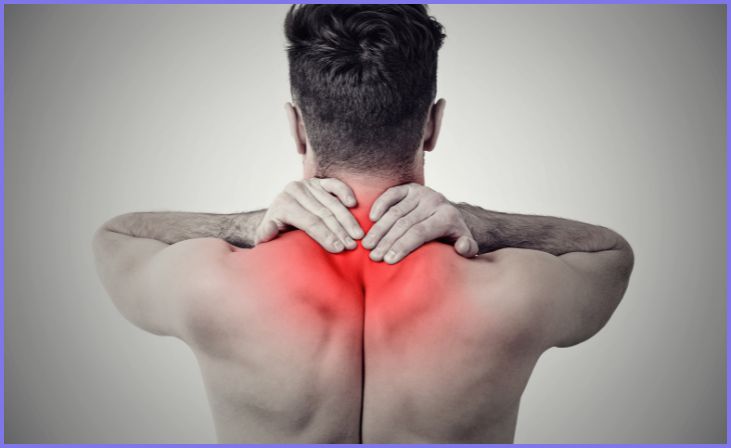In the hustle and bustle of daily life, it’s easy to overlook the subtle signals our bodies send us. Brittle hair, fatigue, or even muscle pain could be indicators of vitamin deficiencies. Let’s dive into nine common signs that your body might be signaling a need for specific nutrients.
Brittle Hair and Nails

Brittle hair and nails can be more than a cosmetic concern. Deficiencies in B vitamins, calcium, iron, or fatty acids might be the culprit. Consider incorporating biotin supplements or increasing your intake of egg yolks, fish, dairy, nuts, and whole grains to nourish your hair and nails.
Hair Loss
A lush mane is often a sign of good health, and hair loss could signal a deficiency. Essential nutrients for hair growth include biotin, iron, vitamin C, vitamin D, and zinc. Ensure your diet includes eggs, legumes, nuts, salmon, and cruciferous vegetables to support healthy hair.
Fatigue
Feeling tired all the time may indicate deficiencies in crucial nutrients. Vitamin D, B-12, iron, magnesium, or potassium deficiencies can contribute to fatigue. Boost your intake of whole grains, fruits, vegetables, legumes, nuts, and fish to combat exhaustion and keep your energy levels up.
Mood Shifts
Mood shifts, particularly irritability, might be connected to vitamin deficiencies. Ensure your diet includes sources of vitamin B1 and B6, such as whole grains, meat, eggs, and dairy products, to support emotional well-being.
Irregular Heart Rhythm

Magnesium and potassium deficiencies can lead to irregular heart rhythms. Adopting a heart-healthy diet with healthy fats, fruits, vegetables, and whole grains can contribute to cardiovascular well-being.
Cold Hands and Feet
Cold hands and feet, along with numbness or tingling, may signal a vitamin B-12 deficiency. Boost your B12 intake by incorporating meat, poultry, eggs, milk, and dairy products into your diet to support nerve health.
Getting Sick Often
If you find yourself getting sick often, it could be a sign of inadequate vitamin and mineral intake. Ensure a well-balanced diet rich in fruits, vegetables, whole grains, and lean proteins to support your immune system.
Muscle Pain

Muscle pain, weakness, or cramps might be indicative of vitamin D or magnesium deficiency. Include green leafy vegetables, nuts, flax, pumpkin, and chia seeds in your diet to maintain optimal muscle health.
Bone and Back Pain
Chronic lower back pain might be linked to vitamin D deficiency, impacting calcium absorption and bone strength. Ensure adequate vitamin D intake through sources like sunlight exposure, fatty fish, and fortified dairy products.







